Whether you’re bracing for a busy week at the firehouse or putting out your own fires at a chaotic family gathering, gratitude may be the last thing on your mind this Thanksgiving.
Gratitude, the state of being thankful and appreciative, has also been studied by the scientific community as a positive emotion linked to numerous positive health outcomes.
As a fire fighter or paramedic, you work hard to balance the demands of your career, family, health, community and maybe even a second job. If juggling the demands has become overwhelming, or practicing gratitude seems like a joke, you may be experiencing burnout.
The next time you find yourself aggravated by the challenges of the day, consider how taking a moment to count your blessings can pay off, both on and off the job:
- Gratitude can ease the stress of work. According to the American Psychiatric Association, randomized controlled studies have demonstrated that practicing daily gratitude has been found to counter occupational stress, while also leading to decreased feelings of depression and anxiety. Rather than focusing on what went wrong on your last call, reflect with your crew on any positive results or shared successes of the response effort. Focus on the big picture of what drew you to the fire service in the first place — the opportunity to save lives and keep your community safe. This may help offset the acute stress you experience after very challenging calls.
- Gratitude boosts resilience in overcoming trauma. As a fire fighter or paramedic, you are routinely exposed to disaster, loss and chaos in the communities you serve. A 2006 study published in Behavior Research and Therapy found that war veterans with higher levels of gratitude experienced lower rates of post-traumatic stress disorder. These findings were consistent with a 2003 study published in the Journal of Personality and Social Psychology, which found gratitude to be a key protective factor for individuals who witnessed the September 11 terrorist attacks. Finding one thing to be grateful for, even during the midst of chaos and devastation, can be the difference between recovery and a prolonged stress reaction.
- Gratitude makes you physically healthier. Research has demonstrated that practicing daily gratitude has been linked to lower blood pressure, lower levels of the stress hormone cortisol and higher rates of disease immunity[ii]. One explanation is that focusing on positive emotions (e.g., appreciation) helps activate the parasympathetic nervous system or the rest and digest response, which directly counters the body’s fight or flight response responsible for increased heart rate, blood pressure, respiration and stress hormones during moments of perceived danger.
- Gratitude improves relationships. You know you can’t do this job alone. The daily support of your crew, family and friends can be the difference between a long-lasting career in the fire service or premature burnout. Routinely expressing gratitude toward your crew members or spouse creates a chain reaction of positive feelings and reciprocal acts of kindness, which helps to strengthen social bonds. Whether it’s at home or at the firehouse, take a moment to say thank you to reinforce desired behaviors in your relationships.
- Gratitude helps you sleep. After working a 24- or 48-hour shift, you know how important it is to catch up on your rest. Two independent studies published by Applied Psychology: Health and Well Being and the Journal of Psychosomatic Research similarly concluded that those who expressed gratitude before bed had more restorative and longer sleep. On your off day, instead of watching television before falling asleep, spend a moment to write down something you are grateful for. Consider sharing it with your partner.
Despite your best efforts to take care of yourself, has the cumulative stress of the job or home life become too much? If you have thought about getting help for yourself or a crew member, call the IAFF Center of Excellence for Behavioral Health Treatment and Recovery for a free, confidential, no-obligation screening. The IAFF Center of Excellence is a comprehensive treatment center designed exclusively for IAFF members struggling with PTSD, addiction and other co-occurring mental health problems.
Lauren Kosc, M.A.,LCPC is a behavioral health specialist, clinician and blog writer for the International Association of Fire Fighters. If you are an IAFF member in recovery and want to share your story, contact lkosc@iaff.org.
Sources:
“Practicing Gratitude Can be Good for Mental Health and Well-Being.” American Psychiatric Association, August 2017. Accessed October 15, 2019.
Emmon, Robert. “Gratitude and Well-Being.” University of California, Davis, 2017. Accessed October 21, 2019.
Gordon AM, Impett EA, Kogan A, Oveis C, & Keltner D (2012). “To have and to hold: gratitude promotes relationship maintenance in intimate bonds.” Journal of personality and social psychology, 2012. Accessed October 15, 2019.
Digdon, Nancy; Koble, Amy. “Effects of Constructive Worry, Imagery Distraction, and Gratitude Interventions on Sleep Quality: A Pilot Trial.” Applied Psychology: Health & Well-being, May 24, 2011. Accessed October 15, 2019.
Wood, AM; Joseph, S; Lloyd, J; Atkins, S. “Gratitude influences sleep through the mechanism of pre-sleep cognitions.” Journal of Psychosomatic Research, November 22, 2008. Accessed October 15, 2019.
Kashdan, Todd. Uswatte, Gitendra; Julian, Terri. “Gratitude and hedonic and eudaimonic well-being in Vietnam war veterans.” Behaviour Research and Therapy, February 2006. Accessed October 21, 2019.
Fredrickson, Barbara. “What Good Are Positive Emotions in Crises? A Prospective Study of Resilience and Emotions Following the Terrorist Attacks on the United States on September 11th, 2001.” Journal of Personality and Social Psychology, February 2003. Accessed October 21, 2019.





